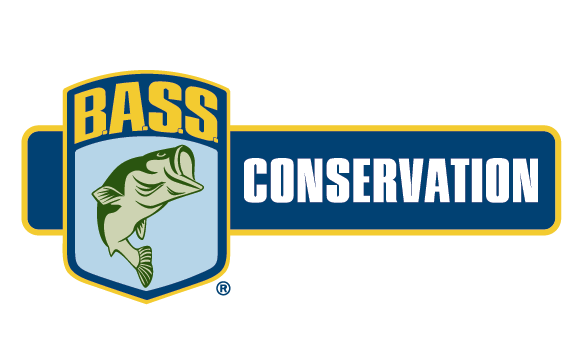
INDIANAPOLIS, Ind. — Indiana anglers are fighting back against formation of a conservancy district on a popular suburban fishery here, asserting that it will impose prohibitive cost on public access to the benefit of lakefront property owners.
“A proper conservancy district could be beneficial to the lake, but this one has one agenda and that’s to protect their own property,” said Josh McDermott, a B.A.S.S. member and tournament angler who’s leading opposition to formation of the Geist Conservancy District.
“The homeowners who are at the front are ones with swampy property in very shallow portions of the lake. They want us to pay for their dredging and weed eradication. They won’t point the finger at the wake boats and constant wave-bashing machines that cause increased sedimentation,” he added.
Constructed in 1943, Geist Reservoir is owned by Citizens Energy, whose primary concern is supplying water to Indianapolis area citizens. The aging 1,890-acre impoundment on Fall Creek has ongoing problems with sedimentation, algae blooms, and invasive plants such as Eurasian watermilfoil, but remains a popular destination for bass fishing and other outdoor recreation.
The Geist Lake Coalition wants to become a state-sanctioned conservancy district so that it can mandate taxes and fees to guarantee a budget for maintenance of “water-based recreational purposes.”
“Recreational boaters have never been asked to contribute to the lake they use,” said attorney Matt Troyer. “The residents here have been paying for it with donations, with some giving and some not.”
As petitions gathered thousands of signatures in opposition to formation of the district by late April, McDermott countered, “It seems absurd to put the health of the lake in the hands of a few without input from people outside Geist, who make up a good number of its users.”
That’s especially true, many bass fishermen believe, since the district could levy an annual out-of-district fee of $250 and an in-district fee of $125 for anyone who uses Geist for fishing or boating. Its board also could impose taxes of $130 annually for in-district homes valued at $300,000 and $412 a year for million-dollar homes.
“Many home and business owners are opposed to it because they were not informed at all. This is basically an additional property tax to afford the district the money to dredge, treat aquatic plants and maintain the lake. The boating fees also are to fund their budget,” McDermott said.
“It wouldn’t be so bad if we weren’t already paying launch fees of $35 each time,” added Bob Fulling, a member of the West Indy Bass Club. “But when you add an annual lake fee on top of it, it’s not worth it.”
Owned by Marina Limited, the only public launch facility on the reservoir charges $20 during the week and $35 during summer weekends, and those are entirely private profits.
During a Indiana General Assembly conference committee on the issue, Lori Stadick of the Indianapolis Yacht Club said, “We are concerned that watercraft fees and property taxes could substantially increase. We are concerned about the due process. We found out about it (attempt to form conservancy district) only two weeks ago.”
She added that the club has donated $30,000 over the years for management of the lake.
Because so many concerns have been raised, McDermott said, the move to legislatively form the conservancy district has been tabled to allow environmental and economic studies to be done. “Nothing will happen until January 1 of 2020 at this point,” he added.
He said that offices of local representatives had been inundated with “calls and emails opposing this legislation. I have heard that call wait times during the peak were up to an hour.”
“This is another example of B.A.S.S. members keeping track of what policy makers are up to and spreading the word to other anglers and boaters about the potential negative impacts that proposed legislation could have,” said B.A.S.S. Conservation Director Gene Gilliland. “Legislators do not always look at all sides of an issue, sometimes wanting only to appease the squeaky wheels. In those instances, it is absolutely critical that anglers track those proposals, have an effective communication network and take decisive action when they pose a threat to the resource or the sport.”
According to the Indianapolis Star newspaper, the state has 96 conservancy districts for a variety of water bodies, with the intention of controlling floods, sewage, drainage and pollution.
“At Lake Lemon, south of Bloomington, boaters must buy a daily permit of $17 and (pay) a ramp fee of $5 or can buy annual permits and ramp access for $183,” it reported.





